Hello! Hello everyone, today to introduce you to the lithium iron phosphate battery and ternary lithium battery knowledge, as well as their advantages and disadvantages, I hope it can help the small partners, like to remember to pay attention to the collection of comments Oh! Then we enter the subject.
Lithium iron phosphate battery
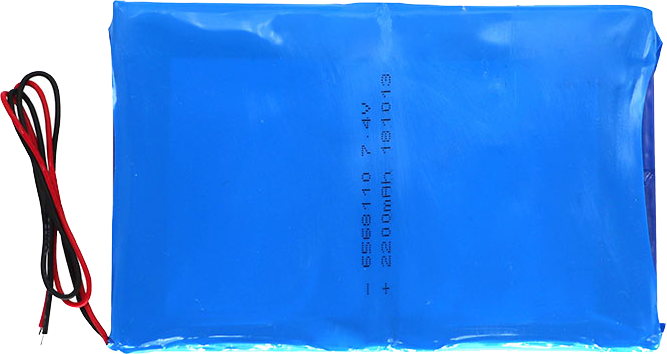
Is a lithium-ion battery using lithium iron phosphate as the cathode material, carbon as the negative electrode material.
Working principle
During charging, some of the lithium ions in lithium iron phosphate are removed and passed through the electrolyte to the negative electrode and embedded in the negative carbon material; at the same time, electrons are released from the positive electrode and reach the negative electrode from the external circuit to maintain the balance of the chemical reaction. During the discharge process, lithium ions are shed from the negative electrode and pass through the electrolyte to reach the positive electrode, while electrons are released from the negative electrode and reach the positive electrode from the external circuit, an electric current is generated and energy is provided to the outside world.
Lithium iron phosphate battery advantages and disadvantages:
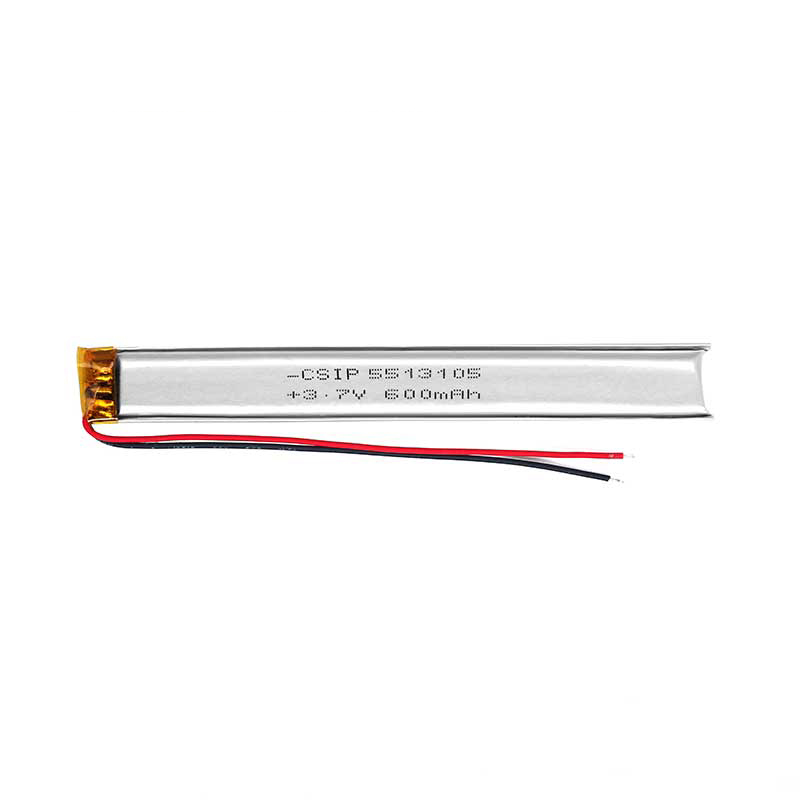
Advantages:
The advantages are High operating voltage, long cycle life, good safety, small self-discharge rate, no memory effect.
Here and everyone, its safety, and cycle life
Safety: Because the electrochemical properties of the positive electrode material are relatively stable, the structure of the battery will not change during the charging and discharging process and will not burn or explode (generally above 800 degrees Celsius), and it is still very safe even under special conditions such as short circuit, overcharge, extrusion and pinprick.
Long cycle life: general 1C cycle life generally reaches 2000 to 3500 times, and for the energy storage market requires more than 4000-5000 times to ensure a service life of 8-10 years.
Disadvantages:
The disadvantages are low energy density, poor low temperature resistance and a large gap between high and low temperature charge and discharge multipliers.
Major global manufacturers are:
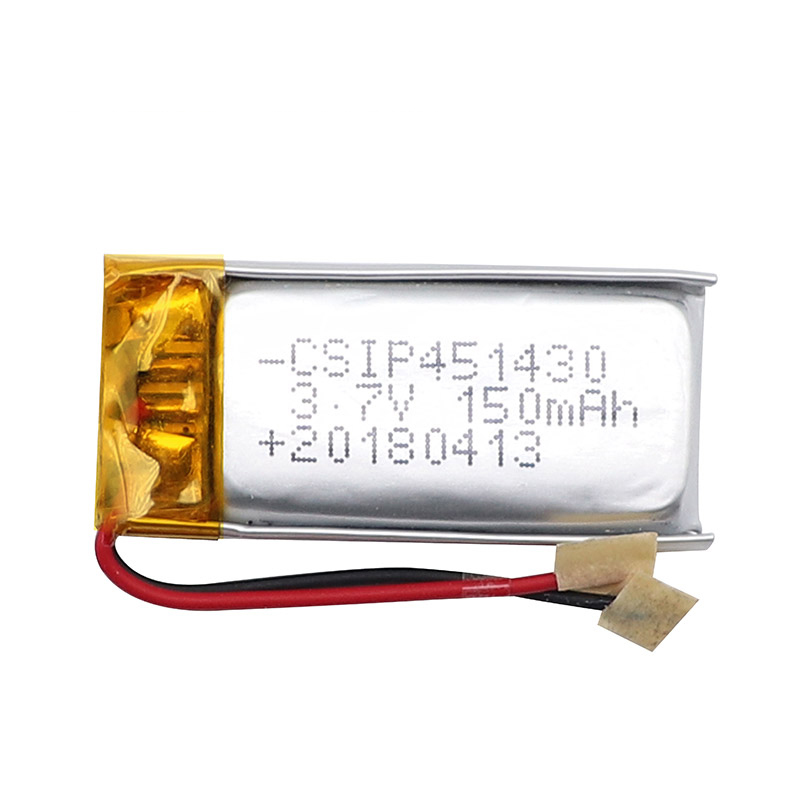
NINGDE TIME (China), PANASONIC (Panasonic, Japan), LG (LG Group, South Korea), BYD (China) SAMSUNG (Samsung, South Korea)
Ternary lithium batteries are also generally known as (ternary polymer lithium batteries).
It is generally made of ternary cathode material of lithium nickel cobalt manganate or lithium nickel cobalt aluminate as the cathode material, commonly used is the ternary composite of nickel salt, cobalt salt and manganese salt as the cathode.
Working principle
During charging, some of the lithium ions in the ternary composite material are removed and transferred to the negative electrode via the electrolyte and embedded in the negative electrode carbon material; at the same time, electrons are released from the positive electrode and reach the negative electrode from the external circuit to maintain the balance of the chemical reaction. During discharging, lithium ions are shed from the negative electrode and pass through the electrolyte to the positive electrode, while electrons are released from the negative electrode and reach the positive electrode from the external circuit, an electric current is generated and energy is provided to the outside world.
Advantages and disadvantages of ternary lithium batteries:
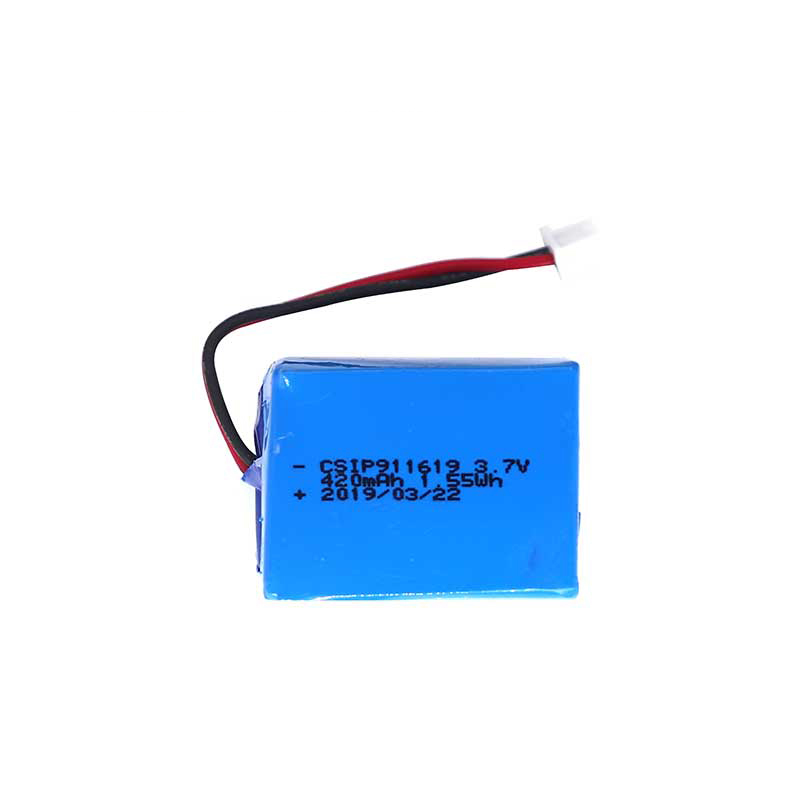
Advantages:
Advantages: Smaller size, higher capacity density, low temperature resistance and better cycling performance.
Disadvantages:
Disadvantages are Poor resistance to high temperatures, decomposing at 250-300°C. The chemical reaction of ternary lithium materials is particularly strong. Once the oxygen molecules are released, the electrolyte will burn rapidly under high temperature and then burst into flames; short cycle life, generally 1200 cycles, basically to meet the current new energy vehicle warranty cycle of about 8 years, the cost is relatively high compared to lithium iron phosphate.
Tributary lithium batteries worldwide The main brands of production cells are: NINGDE TIME (China), BYD (China), PANASONIC (Japan Panasonic), SONY (Japan Sony), LG (South Korea LG Group), SAMSUNG (South Korea Samsung), SANYO (Japan Sanyo).
Warm tips: because lithium and water contact will occur chemical reaction, and very intense, so if the lithium battery on fire do not use water to put out the fire directly, you can use dry powder type fire extinguishers and other water-free fire extinguishing methods. It is best to wait for firefighters to deal with it.
To summarise:
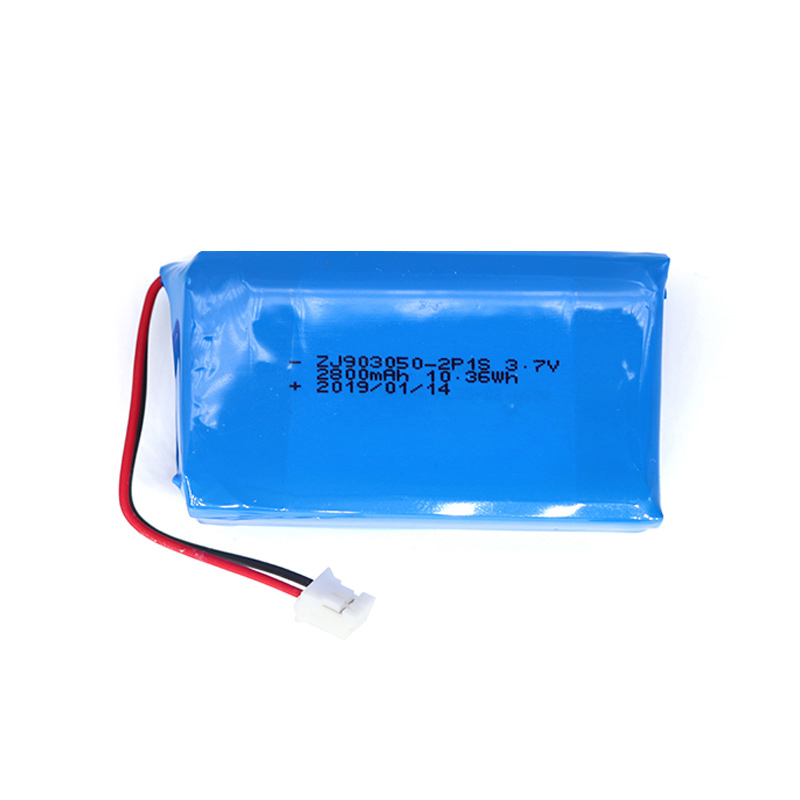
Ternary lithium battery vs lithium iron phosphate battery
Price: Ternary lithium battery > Lithium iron phosphate battery
Safety: Lithium Iron Phosphate > Lithium Ternary
Energy Density: Lithium Ternary Battery > Lithium Iron Phosphate Battery
High Temperature Resistance: Lithium Iron Phosphate > Lithium Ternary
Low temperature resistance: Lithium Ternary > Lithium Iron Phosphate
Cycle times: Lithium iron phosphate > Lithium ternary
The above is a summary of the advantages and disadvantages of lithium iron phosphate and ternary lithium batteries.
The following is to give you a little more battery knowledge:
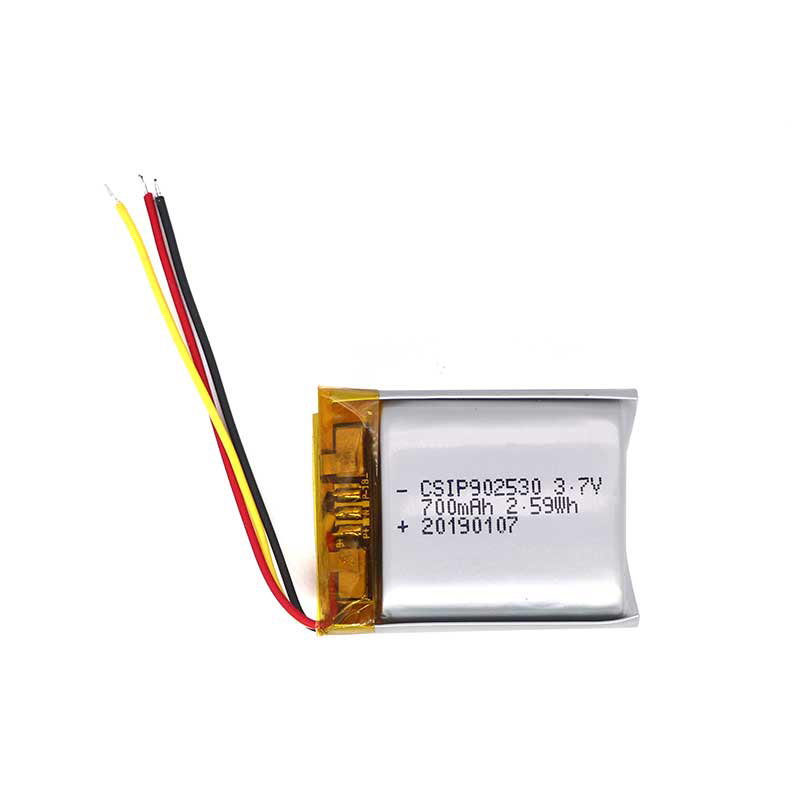
We often say 18650 battery, we know what it means?
This is according to the shape and size of the battery classification of a call! Such as 18650 batteries: 18 represents the diameter of the round area of the cell is 18mm, 650 is the length of the battery: 650mm (ternary
lithium batteries are more commonly used)
Similarly, there are 21700 batteries, 32650 batteries, 4680 batteries
Speaking of this, you should know that the current Tesla electric car is basically using this type of battery as a power cell. Such as 18650 and 21700 and later to release the new 4680 battery will be used.
According to Musk, the 4680 battery has 5 times higher energy density, 16% higher range, 6 times higher output power and 14% lower cost than the previous generation 2170 battery. Fast charging performance is also much improved, with the 4680 battery pack reportedly charging to 97% in just 52 minutes and still being able to drive nearly 5km after the remaining charge is shown as zero. The use of 4680 batteries in Tesla vehicles, combined with improvements in materials and vehicle design, can reduce production costs by up to 54%. So it's a big trend for Tesla to reduce its price.
Speaking of Tesla, it's definitely time to talk about BYD.
BYD is the world's research on lithium iron phosphate battery early enterprise, and is also has been continuing to research and development of lithium iron phosphate battery, said BYD we certainly know its "blade battery", it is through structural innovation, in the group can skip the "module", and greatly improve the volume utilization. This has greatly improved the volume utilisation rate, ultimately achieving the design goal of fitting more cells into the same space. This, combined with the integrated CTB design, also improves the stability of the vehicle. The blade battery has also established BYD's global presence.

































 401,Building A1,No.168,Changshan IndustrialZone Liulian Community,Pingdi Street,Shenzhen Guangdong Province,China
401,Building A1,No.168,Changshan IndustrialZone Liulian Community,Pingdi Street,Shenzhen Guangdong Province,China